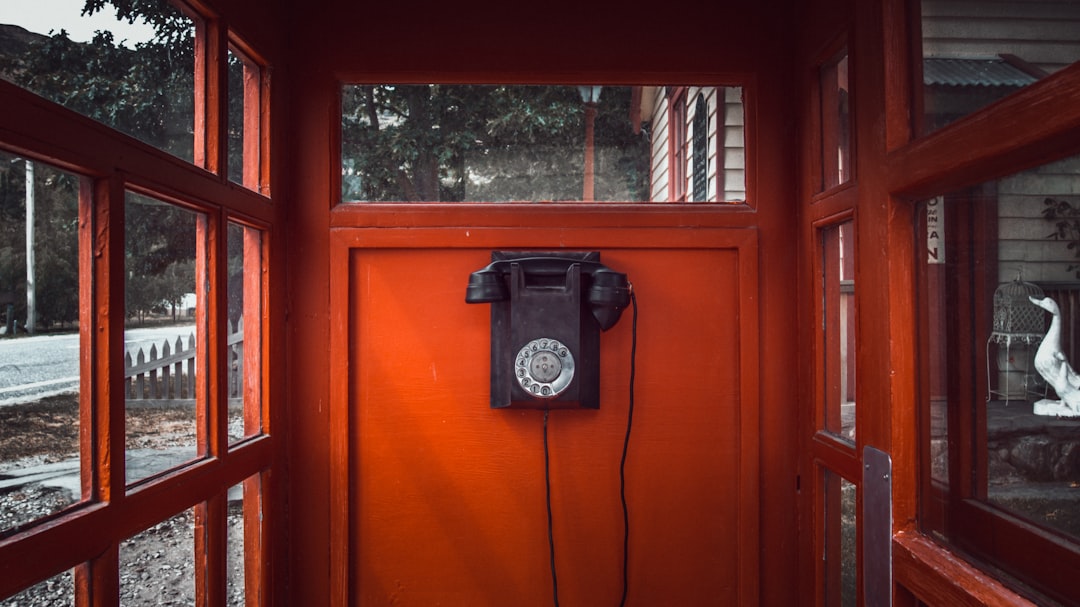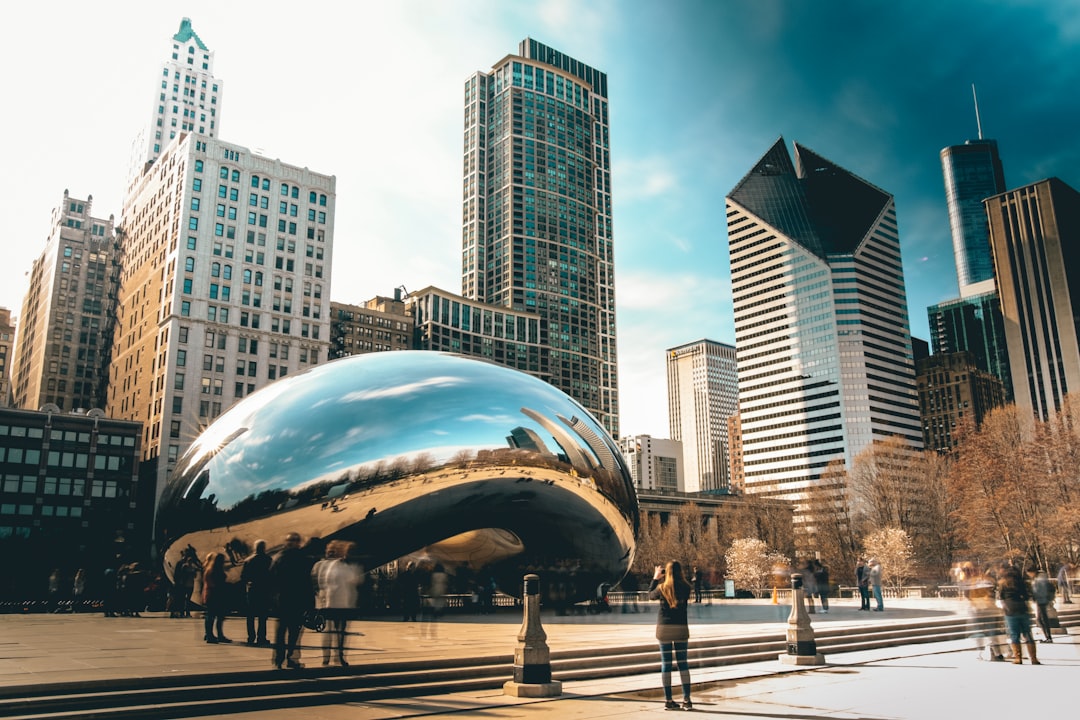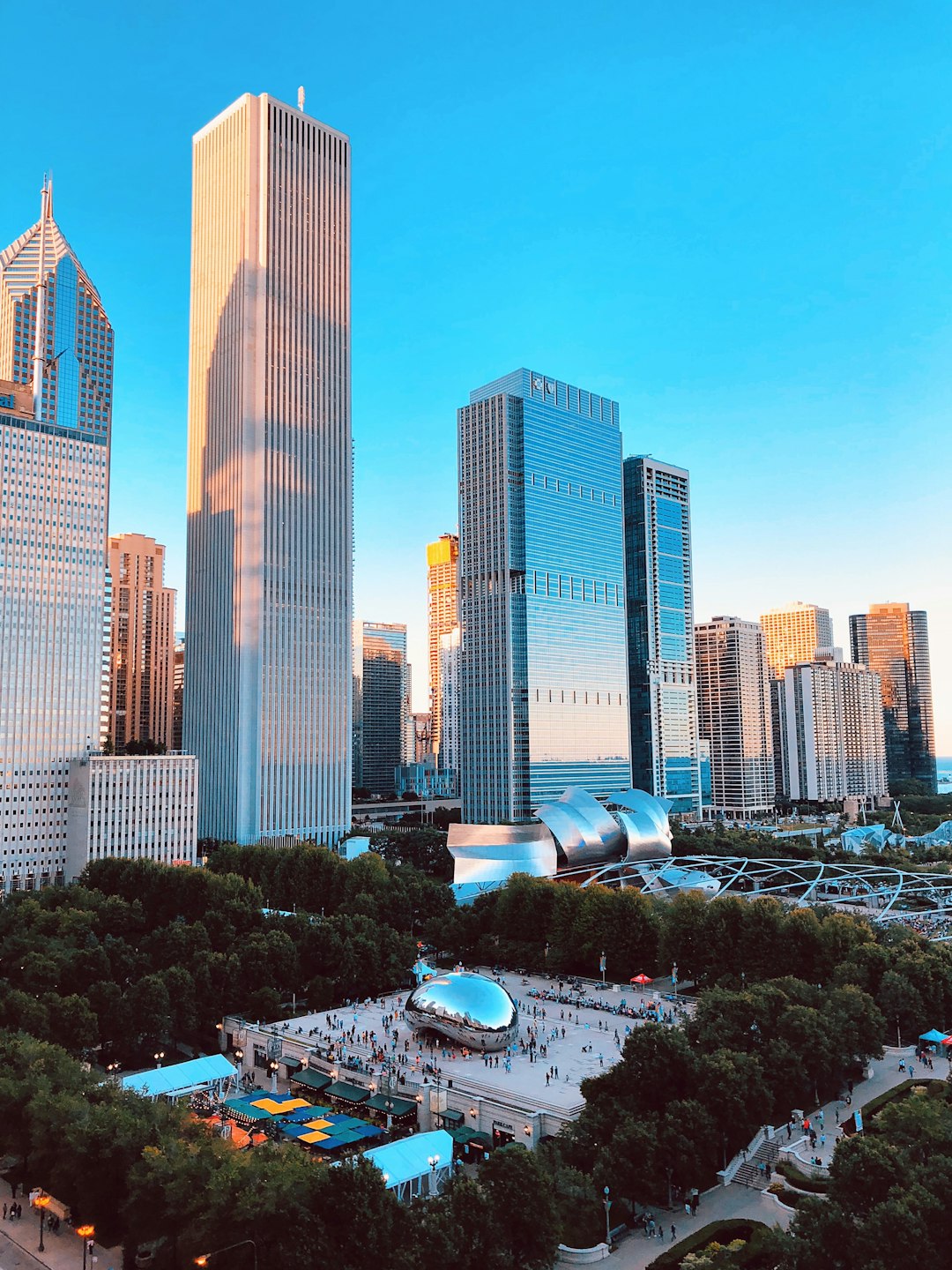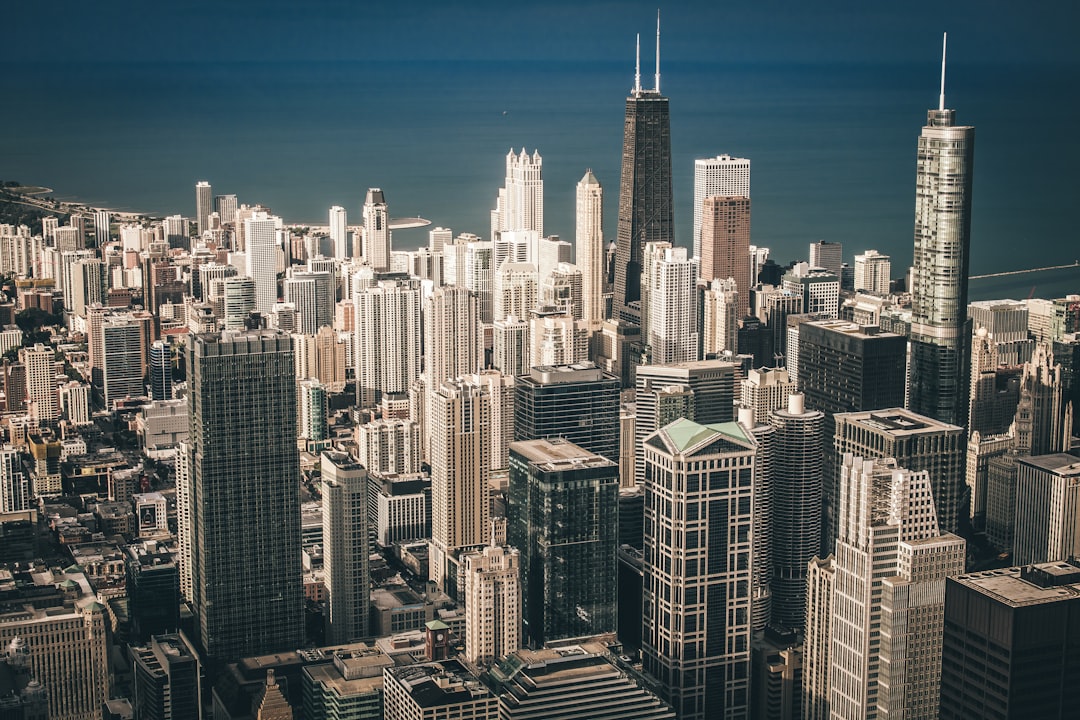Spam call lawyers Chicago play a crucial role in addressing the city's robocall issue, protecting residents from unwanted and fraudulent automated calls. They specialize in combating marketing violations, harassment, and privacy invasions by identifying culprits, filing complaints, and pursuing legal action under telecommunications laws like the TCPA. These experts ensure Chicagoans' rights are protected and businesses adhere to ethical marketing practices.
In the digital age, robocalls have become a ubiquitous yet nuisance. But can these automated phone calls cross the line into criminal activity? In Chicago, understanding the legal implications of robocalls is crucial. This article explores when automated messages transform from harmless marketing to fraudulent schemes, delving into the role of spam call lawyers who specialize in combating these deceptive practices. Discover how these experts navigate the complexities of Chicago’s laws to protect consumers from spam calls.
Understanding Robocalls and Their Legal Implications in Chicago

Robocalls, or automated phone calls, have become a pervasive issue for many Chicago residents. While they can be used for legitimate purposes like appointment reminders or emergency alerts, robocallers often engage in unwanted and fraudulent activities, known as spam calls. These spam calls can range from marketing messages to phishing attempts, with the goal of manipulating recipients into sharing personal information or making purchases.
In Chicago, as in many places across the country, laws exist to protect residents from these nuisance and potentially criminal activities. Spam call lawyers Chicago specialize in addressing cases where robocallers violate these laws, which can include the Telephone Consumer Protection Act (TCPA). These legal experts help victims understand their rights and take action against the culprits, ensuring that Chicagoans are protected from unwanted and fraudulent automated calls.
When Does a Robocall Cross the Line into Criminal Activity?
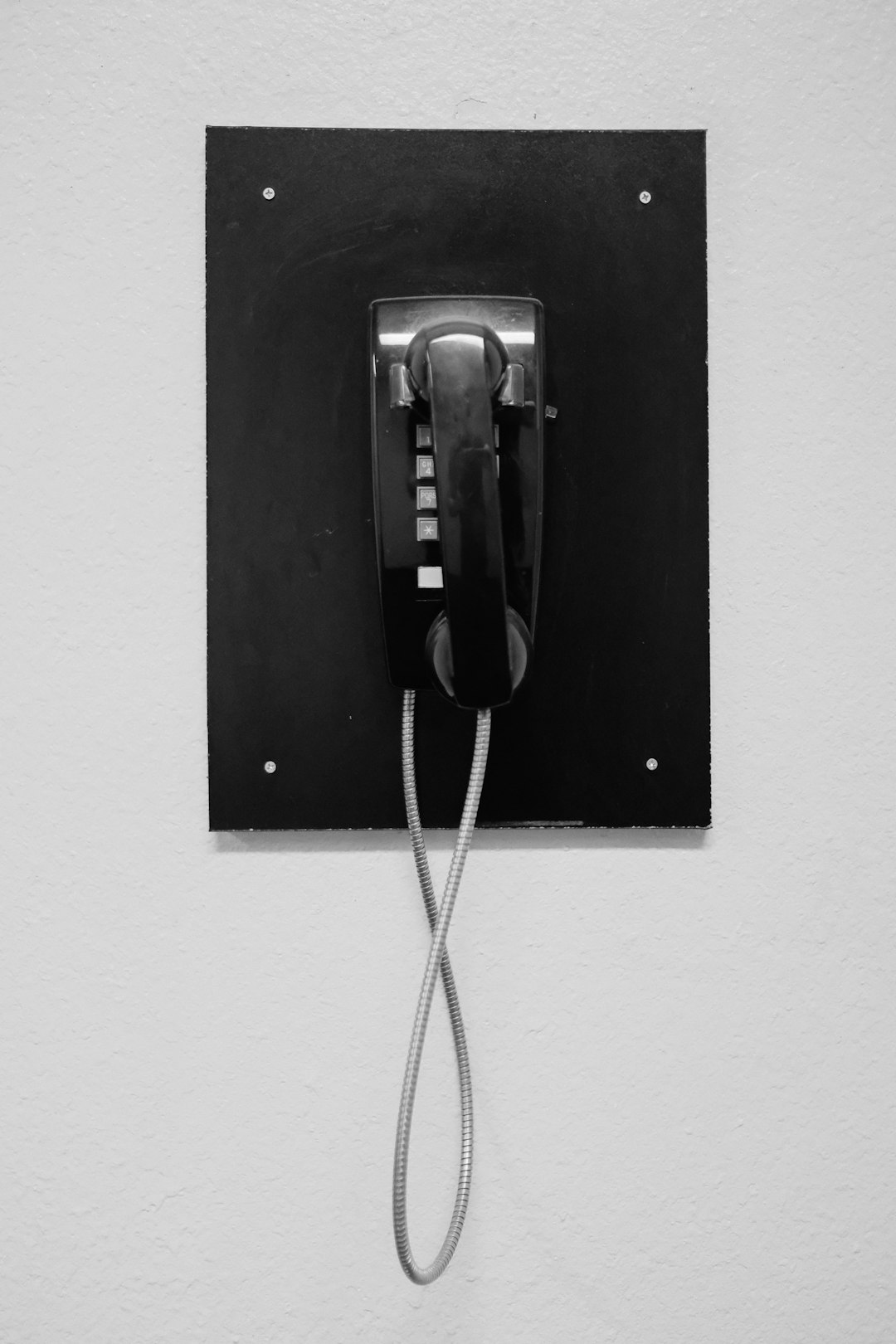
In the realm of telecommunications, the line between legitimate marketing and criminal activity can be razor-thin, especially when it comes to robocalls. While automated calls for advertising purposes are common, there’s a distinct difference between those and illegal spam calls. Chicago residents should know that when a robocall crosses into harassment or invasion of privacy, it may constitute a criminal offense.
Spam call lawyers in Chicago emphasize that the key factors lie in consent and purpose. If an individual did not explicitly agree to receive automated calls, or if the calls are persistent and disruptive, they could be considered criminally chargesable. Moreover, robocalls promoting illegal activities or containing false, deceptive, or misleading content are definitely on the radar of law enforcement agencies.
The Role of Spam Call Lawyers in Fighting Back Against Fraudulent Calls

In the battle against spam calls, particularly those originating from fraudulent activities, spam call lawyers Chicago play a pivotal role. These legal professionals specialize in navigating the complex landscape of telecommunications laws and regulations to combat robocallers who target consumers with unwanted and often illegal messages. They work closely with regulatory bodies and law enforcement to identify and penalize culprits behind these annoying and potentially harmful calls.
By understanding the nuances of spam call legislation, spam call lawyers Chicago can offer several strategies to counter fraudulent practices. This includes filing complaints with relevant authorities, representing clients in legal proceedings, and even pursuing civil litigation against call centers engaging in illegal robocalling activities. Their expertise helps protect individuals’ rights and ensures that businesses adhere to ethical marketing standards.

